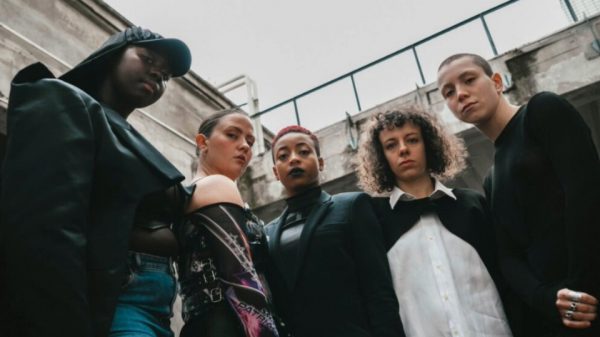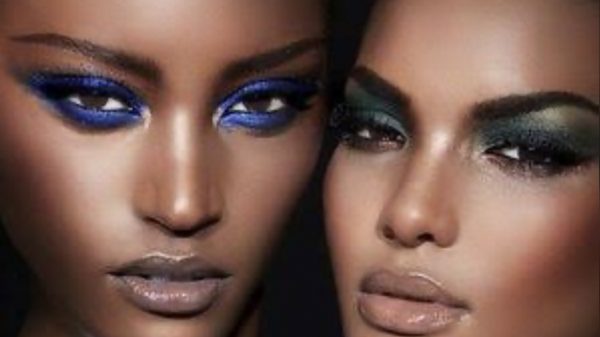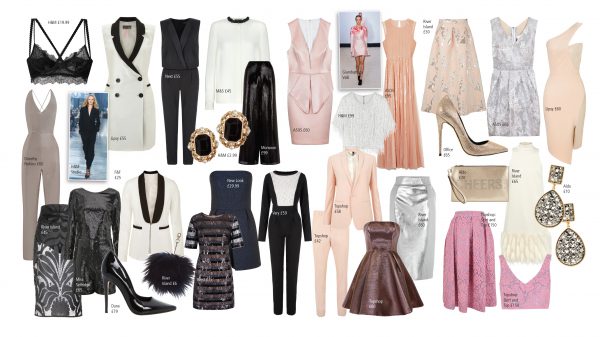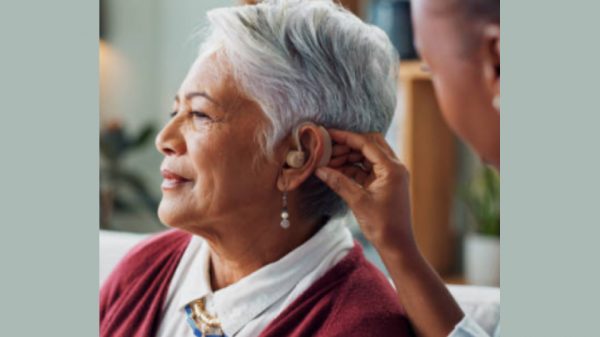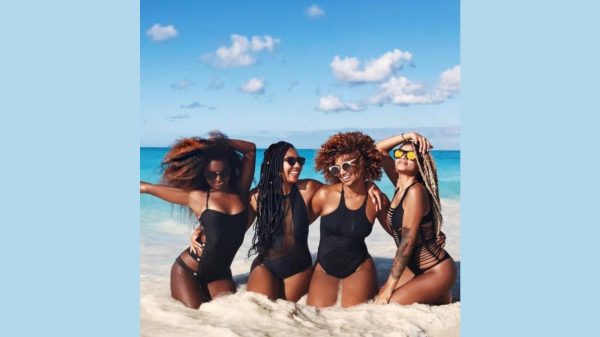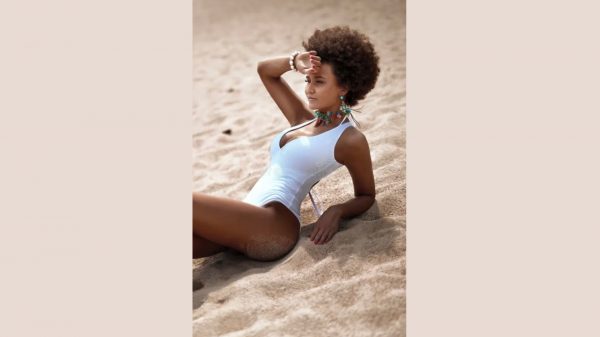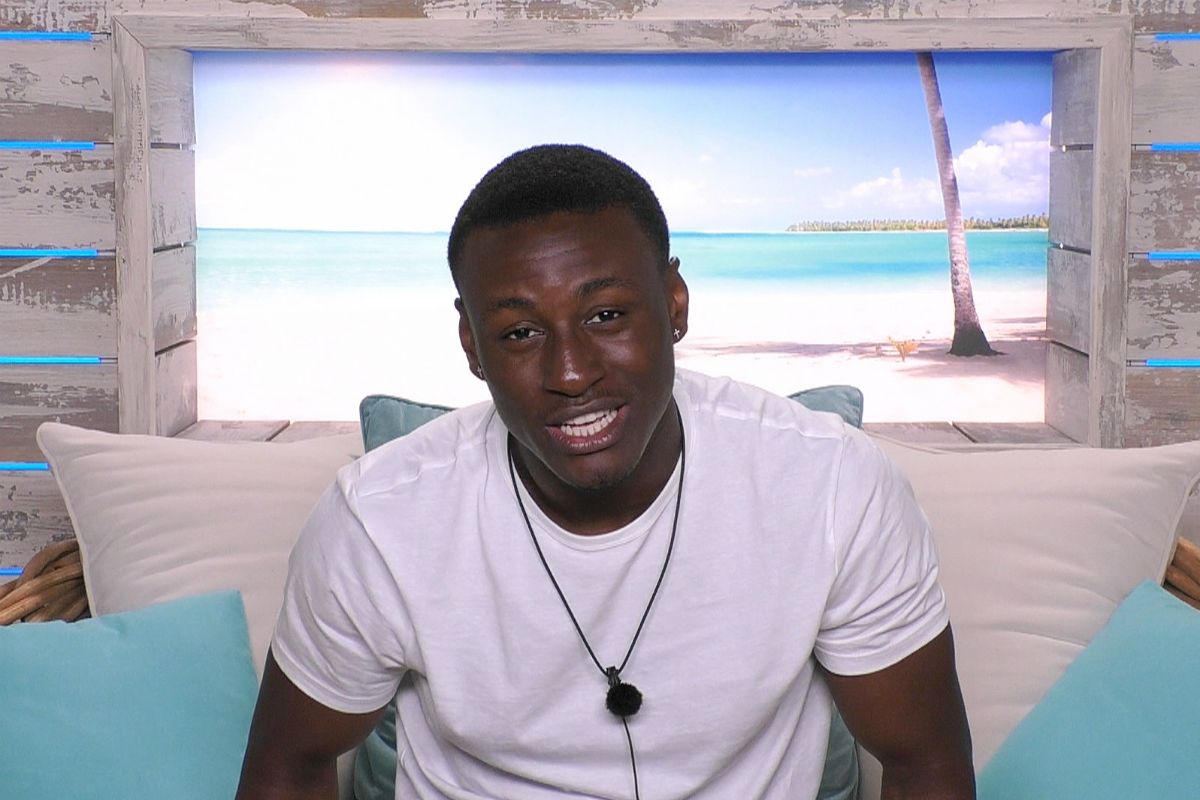Often when Black contestants feature on popular television shows, Black viewers feel a responsibility to have their back – because it seems like others won’t. We examine the reactions to Love Island‘s Yewande Biala and Sherif Lanre upon their departures
Love Island: the drug that many of us just can’t seem to quit. Although there have been plenty of valid arguments made for staying away from the wildly popular reality competition, for me, it’s been easier said than done – and since the start of June, many of my evenings have revolved around whether I can get to my sofa, and on Twitter in time to watch along with the rest of the nation.
Though it’s waved off as merely light entertainment, Love Island and shows of its nature often provide an interesting insight into the minds of everyday people. Something of a social experiment, it’s able to spark discussions relating to sexuality and monogamy, as well as bringing biases about the actions of contestants of colour to the fore.
This year’s series started with a cast that looked a lot more diverse than in the past: as well as Yewande Biala and Sherif Lanre, contestants of colour included Michael Griffiths and Amber Gill, who are mixed-race, and Anna Vakili, who is of Iranian descent. At face value, this is a welcome addition for the show, which has repeatedly been slammed for its lack of diverse representation. However, this doesn’t mean that the show would go without criticism – nor, that its viewers would receive them in a way that gives them the benefit of the doubt in the same way as their white counterparts.
After only nine days, Sherif made a shock exit from the villa at the decision of himself and the producers. Though there were many varying rumours about the cause of his axing, it wasn’t until days later when the 20-year-old chef and rugby player revealed the true reasons behind his departure. According to Sherif, he’d been removed from the competition after a play fight with fellow Islander Molly-Mae Hague had resulted in him accidentally kicking her in the groin. After jokingly referring to the action as a ‘c*** punt’, he was removed for breaking the rules.
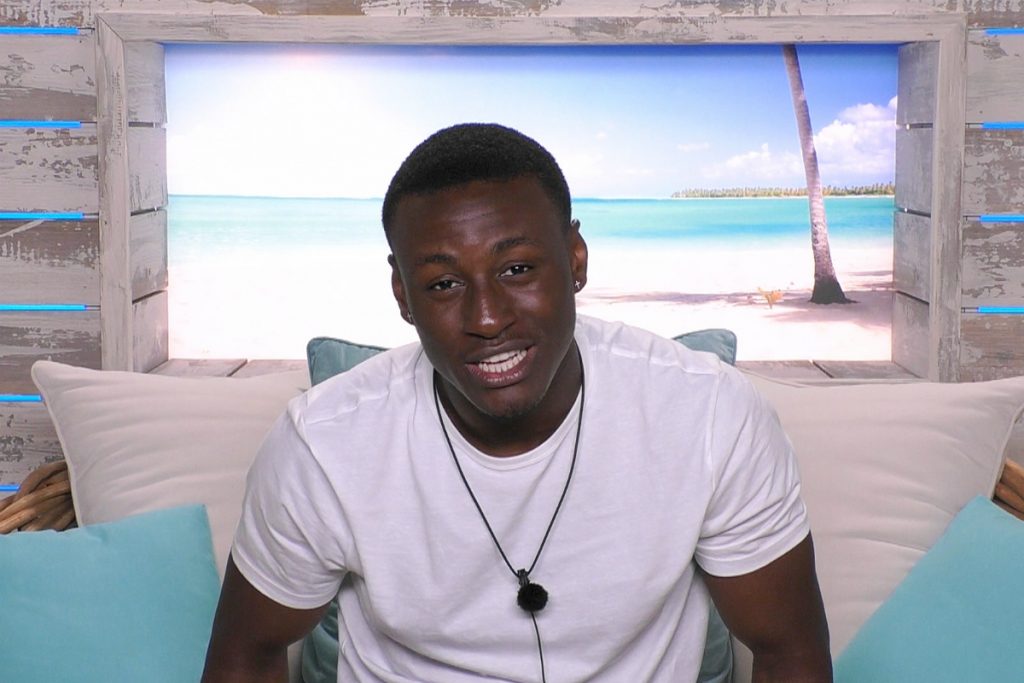
In interviews since his axing, Sherif has expressed remorse for his actions, including the language he used. However, he’s also highlighted his belief that there was ‘unconscious bias’ in his treatment. In the 2018 series, a white female contestant (Ellie Brown) used the much-despised four-letter curse word in an argument, but faced no public reprimand. Speaking to The Sun, Sherif said: ‘I can’t rule out that racism was a factor here. I think there may have been some unconscious racism.
‘By that I mean, the producers might not have been aware of what they were doing, but they may have had an inherent bias in their minds that caused them to act against me.’
Though Love Island execs have refuted claims of racism, Sherif’s account isn’t one to be ignored – after all, other contestants have been exposed for making questionable comments and actions prior to entry, yet haven’t faced consequences as drastic as these. After Sherif’s comments went public, Twitter was ablaze with accusations of him ‘playing the race card’ – a frustratingly common criticism that emerges when people of colour express their experience with prejudice.
For Yewande Biala, the Love Island experience was similarly the source of discussions about race and bias. Early on in the show, the scientist found herself with plenty of fans – as is often the case, plenty of Black women saw her as an extension of their friend group, or a relative; so, purely by being who she was, she fell under the protection of ‘Black Twitter’. However, it didn’t take long for viewers of all backgrounds to warm to her, as she proved herself to be a fun, sweet presence in the villa. When she was picked to couple up by fashion model Danny Williams in Week 3, it seemed as if we would finally get a portrayal of a Black woman having a positive dating experience on television – until Danny, despite repeatedly claiming to have feelings for Yewande, re-partnered with newer contestant Arabella Chi, sending Yewande packing.
Doesn’t Yewande deserve to be extended the same grace to express her emotions as other contestants?
As soon as her departure was revealed, Yewande’s online fans rallied round in support, declaring that they’d be on board with all her future endeavours – which is always a positive of social media sisterhood. However, there was another side of Twitter that criticised her emotional display as she left: delivering a parting message to Danny of wishing him a nice life, and warning him, ‘What goes around, comes around.’
Instead of applying a level of understanding of how the freshly-rejected young woman might have been feeling, some viewers tweeted their ‘disappointment’ in her, claiming that she carried herself poorly. Former contestants even chimed in on the situation; Alexandra Cane, who ironically found herself in a similar position of unrequited affection in last year’s programme, wrote: ‘Yewande seems very bitter. Not always graceful. Let’s hope Danny and Arabella work out…’ Josh Denzel, also of Love Island’s class of 2018, deemed her behaviour as ‘mad childish’.
Surely you’d think it’d be understandable for Yewande to be less than thrilled about being dumped on national TV? Doesn’t she deserve to be extended the same grace to express her emotions as other contestants?
Earlier in the same episode, contestant Maura Higgins had raged at her partner, Tom Walker, after overhearing him making some unsavoury comments about her sexually open nature. For quickly and unashamedly calling him out on his disrespectful comments, and reaffirming the fact that her ease with discussing sex does not mean that she’s ‘easy’, Maura was praised widely, with many even commending her for the passion she exhibited while telling him off. As satisfying as Maura’s rant was to watch, it brought into sharp contrast the ease in which white women are able to exhibit their emotions, and how it can be seen as a positive, compared to when a fraction of the same vulnerability comes from a woman like Yewande. Racial double standards, anyone?
Part of the criticism that was levelled at Yewande for the decline of her partnership with Danny is the fact that she was hesitant to show him affection for much of their time together. As a viewer, I understood the frustration – yet, I could very much see the reasons behind her defences. Historically, the Love Island journey has often been a lonely one for Black women: it’s an experience of not getting picked to be in a romantic couple, or her match coming in after a long wait. So, with Danny professing his ‘like’ for her and repeatedly making her the object of his affections, seemingly without an agenda, Yewande’s surprise and scepticism, though sad, is somewhat understandable. Used to there being more hurdles to a relationship, Yewande had her guard up to protect herself from hurt – and as it turns out, her defences came in handy.
Though the multitasking of always keeping one eye on Twitter is a lot of the appeal of watching Love Island, it is often disappointing as well – as it brings to light just how difficult it can be for Black people to be extended a fair amount of understanding from the viewing public. This year’s run of the programme is still yet to finish, but already it’s reminded me of how necessary the support of Black women is to the Black people who place themselves in these competitions – because when push comes to shove, there’s no guarantee of fair consideration from anyone else.
Love Island airs nightly on ITV2 at 9pm






